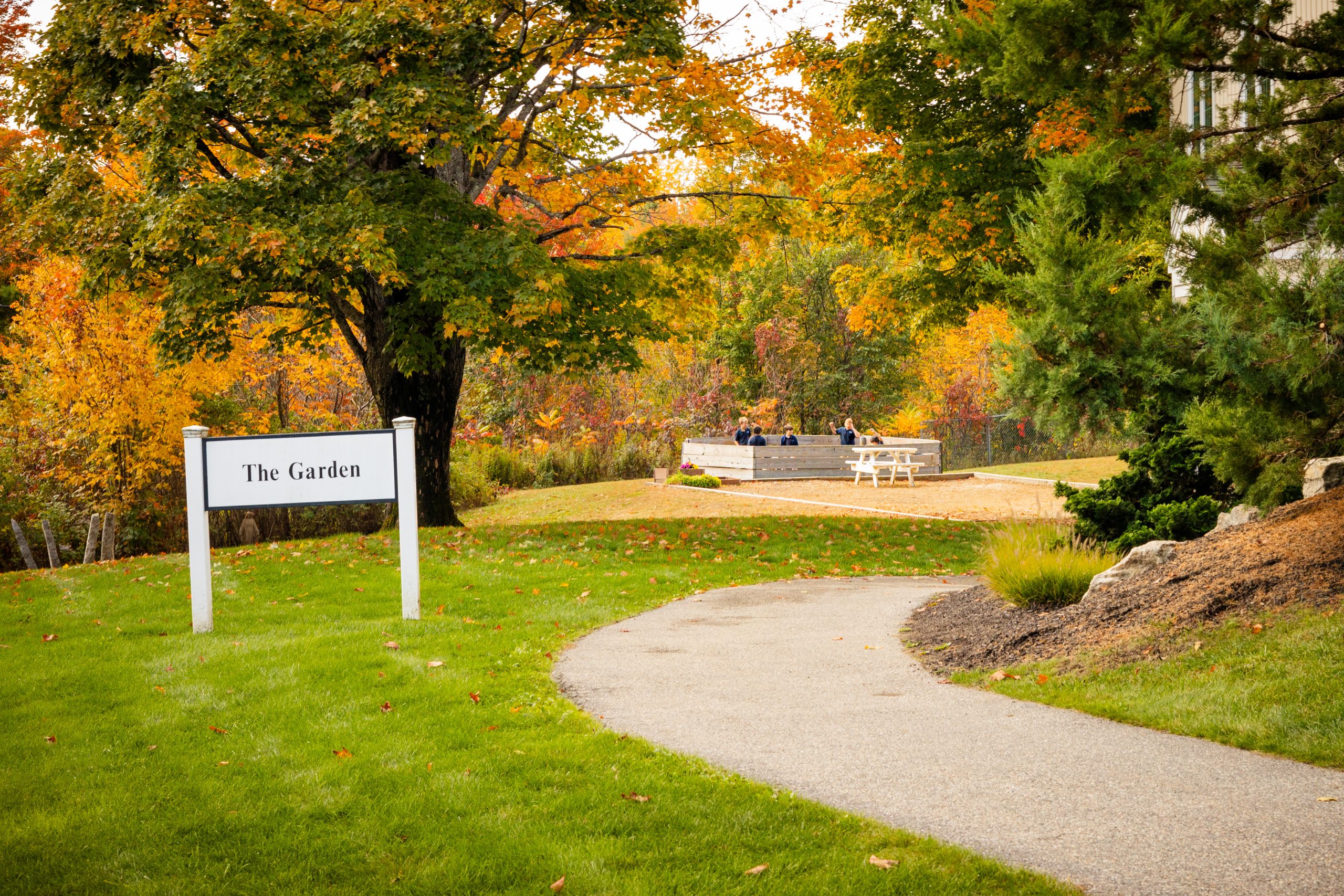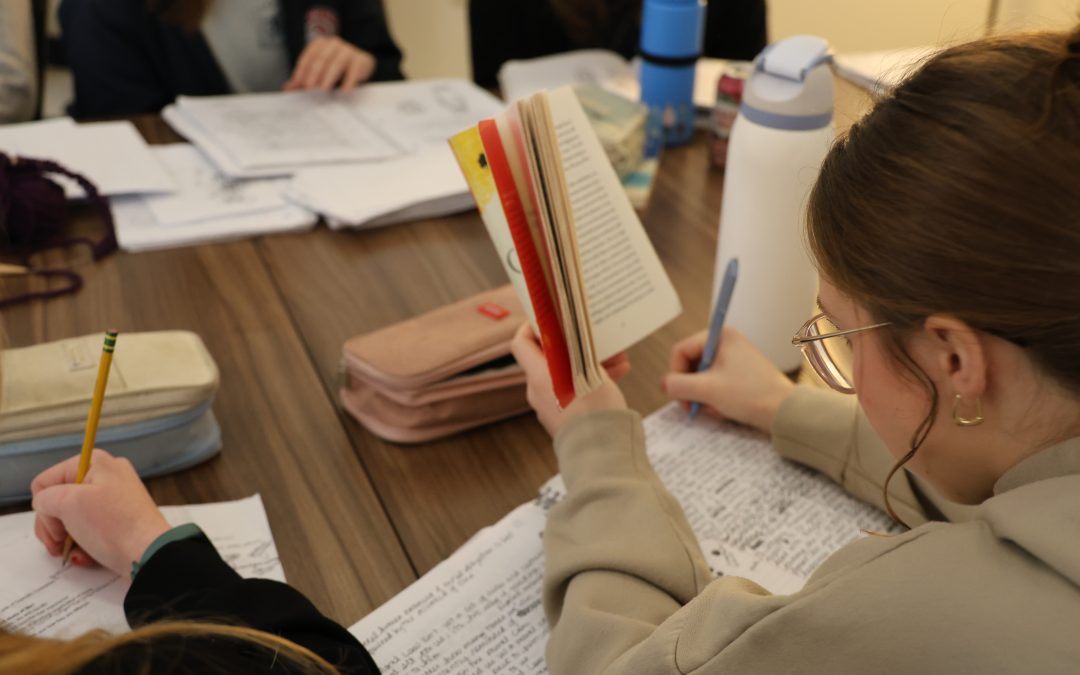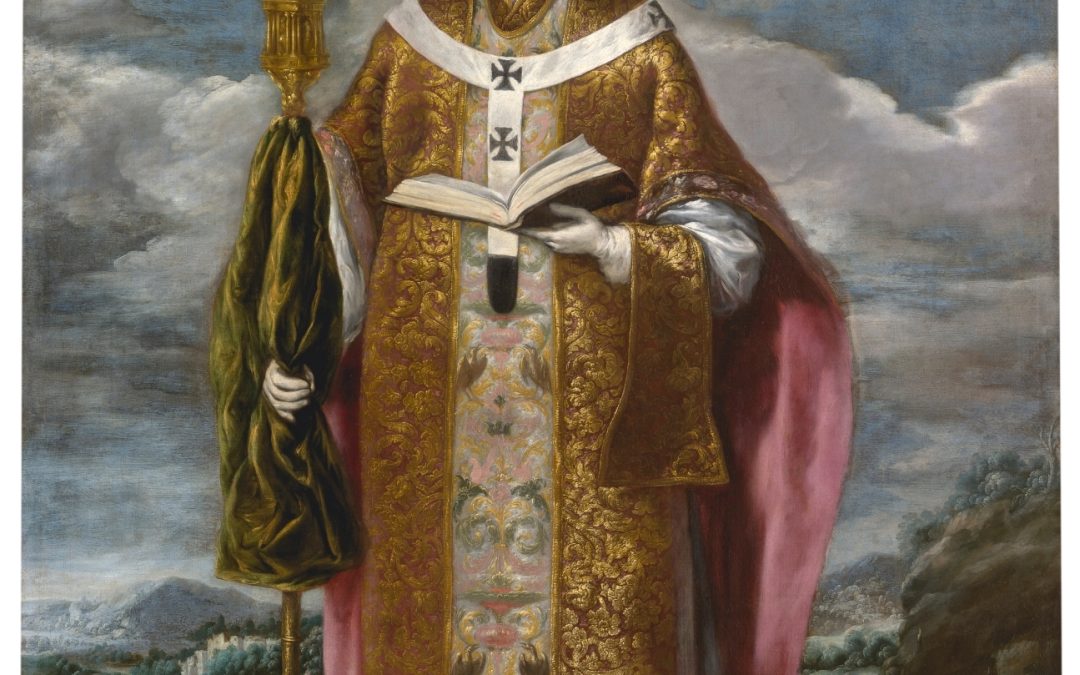
Well, it’s happened again. I can’t say it surprises me anymore, but it definitely brings me great delight when I see it.
The students head off into the summer at the beginning of June and when they return in September, they are changed. They have matured and “grown in stature before God and man.”
The young girl who struggled with a temper has returned with a sweet spirit and a beautiful smile for her teachers and her classmates.
A young man with a tendency to make questionable decisions has come back to school with a new determination to do the right thing.
A student who struggled with impulsivity and lack of focus has become a strong, dependable leader and mentor to younger students.
A student once burdened with insecurities now smiles with newfound confidence and strength.
Always there is growth, progress, and change.
Heraclitus, the ancient Greek philosopher, states paradoxically, “Change alone is unchanging.”
With this he suggests that change is an “inherent and constant aspect of life…as everything is in a perpetual state of transformation. Without change, life would stagnate, and progress would be impossible.”
Here at Mount Royal Academy we see the evidence of this transformation daily in our students.
Recently, Fr. Jacques Philippe offered some insight on transformation as I read his book, Interior Freedom. The transformation that takes place in a soul relies first and foremost on the soul embracing true freedom, or “holy detachment,” if you will.
Fr. Philippe tells us that “to achieve true interior freedom we must train ourselves to accept, peacefully and willingly, plenty of things that seem to contradict our freedom. This means consenting to our personal limitations, our weaknesses, our powerlessness, this or that situation that life imposes on us, and so on.” He insists that it is not enough to resign ourselves to our circumstances, but to embrace them, “to consent to that which we did not choose.”
While this is a struggle most adults can recognize within themselves, our students must also wrestle with this. They may not choose to master multiplication tables as their preferred activity, but when they accept that they need this skill and do not already possess it, and embrace the act of learning it, they have freed themselves from the struggle. “Rebellion, which is often our first, spontaneous reaction to difficulty or suffering, is, in fact, the rejection of reality. This type of rebellion has never solved anything and is a source of despair, violence, and resentment.”
Fr. Philippe shares a story about Etty Hillesum, a young Jewish woman who died at Auschwitz in November 1943. One day as she was riding her bike, “ just when all her exterior freedoms were being progressively taken away, she discovered within herself a happiness and interior freedom that no one could steal from her.” The Nazis could “harass them, rob them of their material goods, of their freedom of movement,” but she was breathing “unrationed air, the blue sky was still overhead, she had faith in God” none of which could be taken from her. Etty learned to consent to her circumstances, and there she found interior freedom and peace.
And this is our starting point.
According to Fr. Philippe, “the most important thing in our lives is not so much what we can do as leaving room for what God can do. The great secret of all spiritual fruitfulness and growth is learning to let God act.”
In fact, “what often blocks the action of God’s grace in our lives is less our sins or failings than it is our failure to accept our own weakness.” When we refuse to admit that we have a defect or weak point, “we block the Holy Spirit’s action, since he can only affect our reality to the extent we accept it ourselves.”
Fr. Philippe gives us these comforting words of hope: “The person God loves with the tenderness of a father, the person he wants to touch and to transform with his love is not the person we’d have liked to be or ought to be. It’s the person we are.”
When our students embrace the structures, routines, disciplines, and instruction we have prepared for them, they experience beautiful transformations – academically, spiritually, socially, and emotionally.
May we be the good students our children are and experience the transformation God wants to bring about in each of us. – Mrs. Lisa Sweet, Academic Dean



